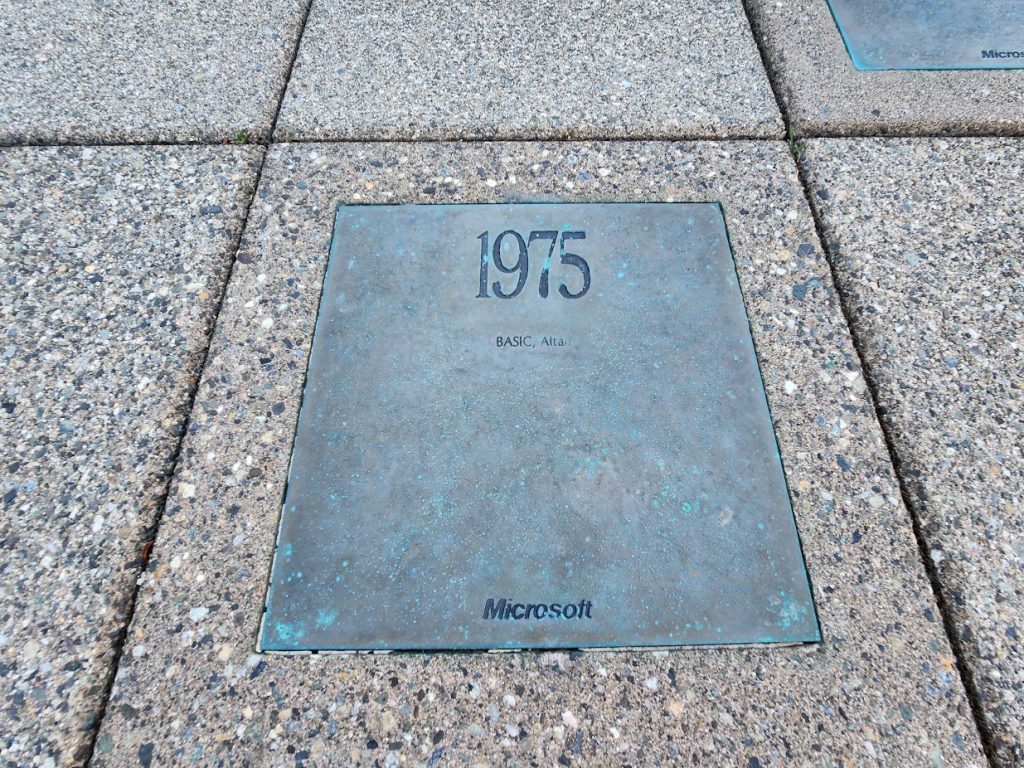Microsoft’s growth and dominance in the tech industry have been remarkable, highlighted by its move to the Seattle region in 1979 and its debut on the New York Stock Exchange in 1986. The company’s founders, Bill Gates and Paul Allen, took a risk by focusing on personal computer software, a market that didn’t really exist at the time but ultimately paid off in ways they never imagined. Historian Margaret O’Mara of the University of Washington, in her book “The Code: Silicon Valley and the Remaking of America,” sheds light on Microsoft’s early years and its impact on the tech industry.
Microsoft’s decision to focus on software was a bold move, as desktop computing was not even established in the early ’70s. However, the company was able to tap into this nascent industry and capitalize on providing software for personal computers. By charging for something that was typically given away for free in the hobbyist community, Microsoft set itself apart as one of the first enterprises to do so. The company’s aggressive approach and strategic partnerships, such as with IBM, helped create a dominant global market for software.
Gates and Allen’s privileged upbringing, which included connections and support from mainstream institutions, played a role in their success. While their background didn’t build what they accomplished, it did set them apart from other startup founders at the time. The importance of having a strong team, both within and outside the company, contributed to Microsoft’s growth. The move to Seattle not only allowed the company to come home but also provided a competitive advantage in the job market for programmers.
As Microsoft grew rapidly during its early years in Seattle, a hard-charging work culture emerged, which historically has driven many women out of technical roles in the tech industry. The lack of work-life balance and the male-dominated nature of the culture presented challenges for gender diversity within the company. Despite these obstacles, Microsoft played a significant role in shaping Greater Seattle as a company town, following in the footsteps of industries such as timber and Boeing.
Microsoft’s long-term impact on the region has been substantial, with the company defining the tech landscape for 50 years. Even as Amazon rose in prominence in the last decade, Microsoft remained a central player in Greater Seattle’s economy and regional dynamics. The company’s influence can still be felt today, with its legacy shaping the tech industry and the broader community. As Microsoft celebrates its 50th anniversary, its continued partnership with companies like Accenture signifies a commitment to innovation and transformation for the next 50 years and beyond.


